The sixth HGN panel event took place on 25 January and discussed the theme of “Development”. We welcomed Dr Maurice Suckling (Rensselaer Polytechnic Institute, New York), Saadia Gardezi (Project Dastaan and Warwick University) and Sarah Cole (TIME/IMAGE) as panellists. Hosted by Dr Adam Chapman, the panel discussed the development of historical games, and the challenges […]
Category: Themes
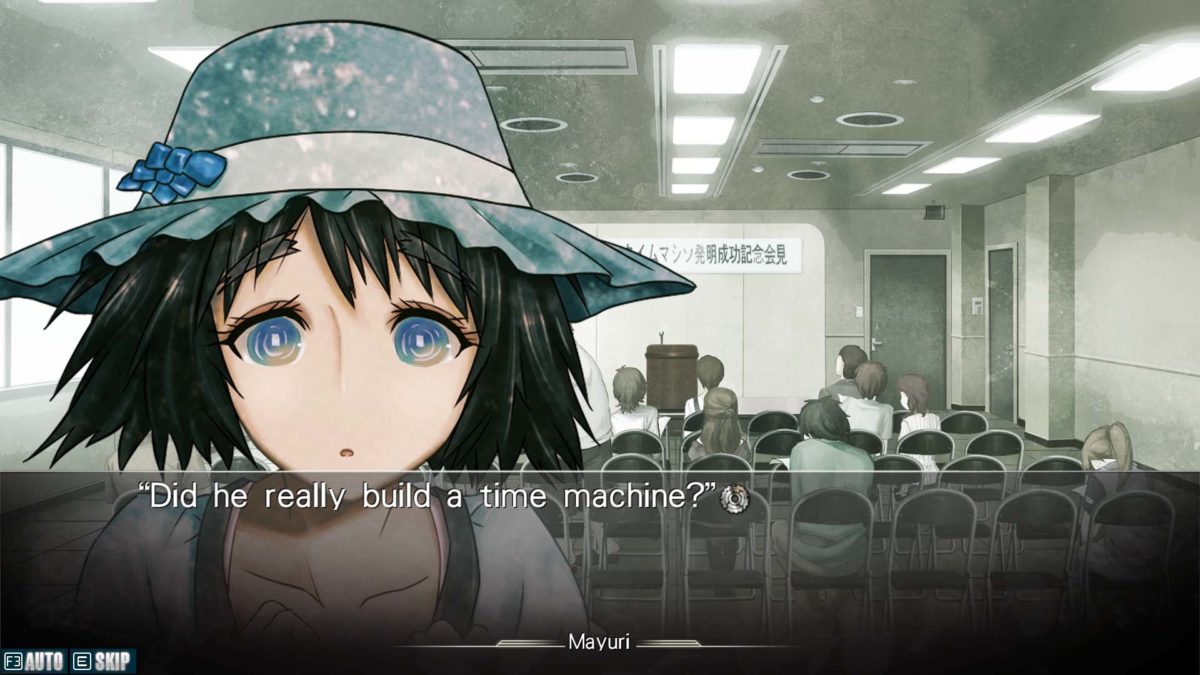
Alternatives are essential to games as a cultural form because agency is a foundational characteristic of the experiences they offer. The possibility for players – the audience – to influence the outcome of at least some events means that games must always contain competing alternatives, with their final outcome determined through the player’s actions. These […]
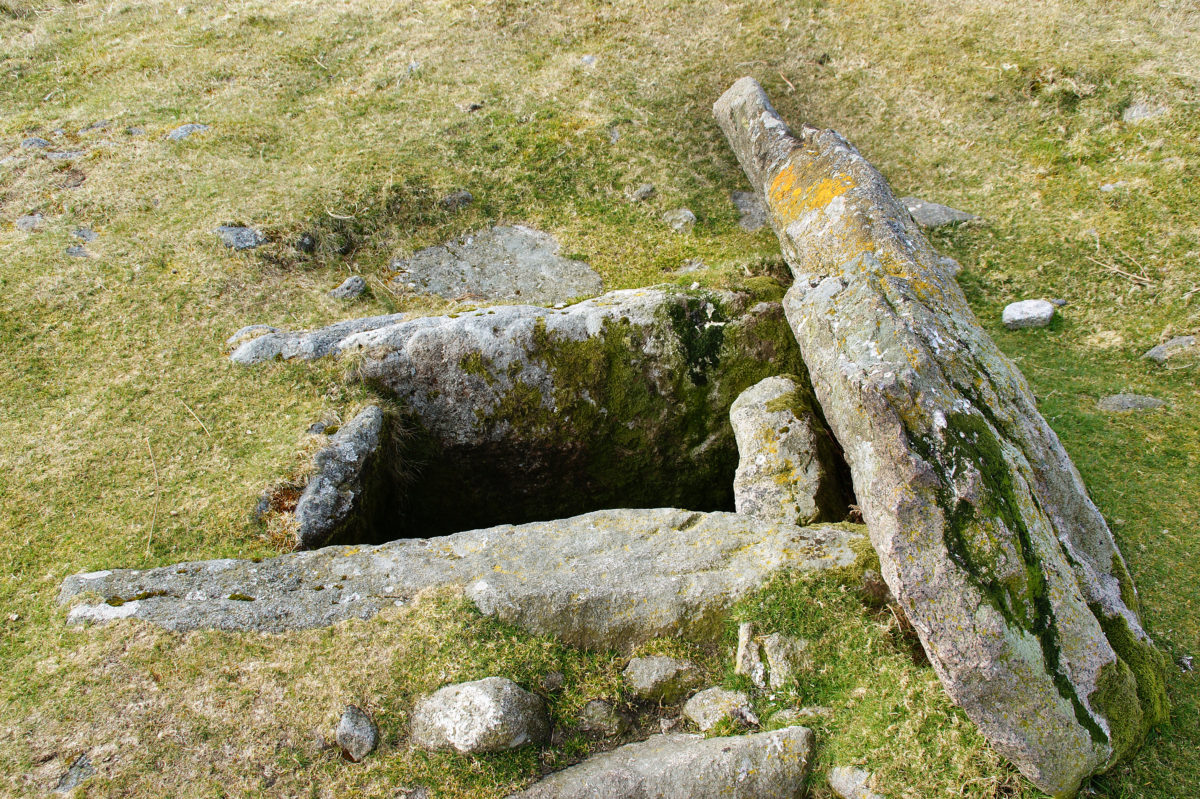
I’ve been to many talks over the years about historical accuracy (fact) versus authenticity (feeling) within games, but fewer about practicalities of putting history into a game. I could talk about something like the Assassin’s Creed, Civilization, or Red Dead Redemption games here – games that are sold on their historical themes. But we’d be […]
A migrant’s shoes
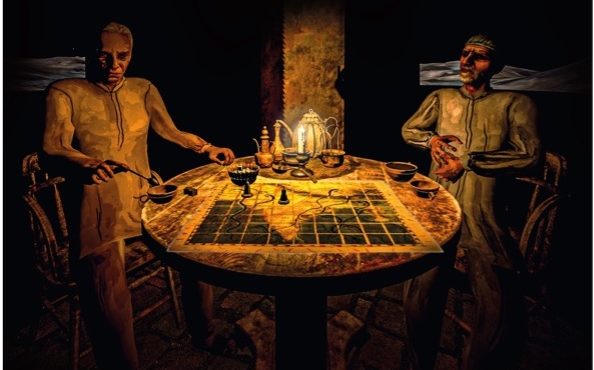
In 1947, at the age of seven, Khalid Bashir Rai crossed the new border between India and Pakistan after the end of the British Raj. The border was the creation of a British lawyer, Sir Cyril Radcliffe, who had little idea of the history, demography and politics of India. His hurried line and swift departure […]
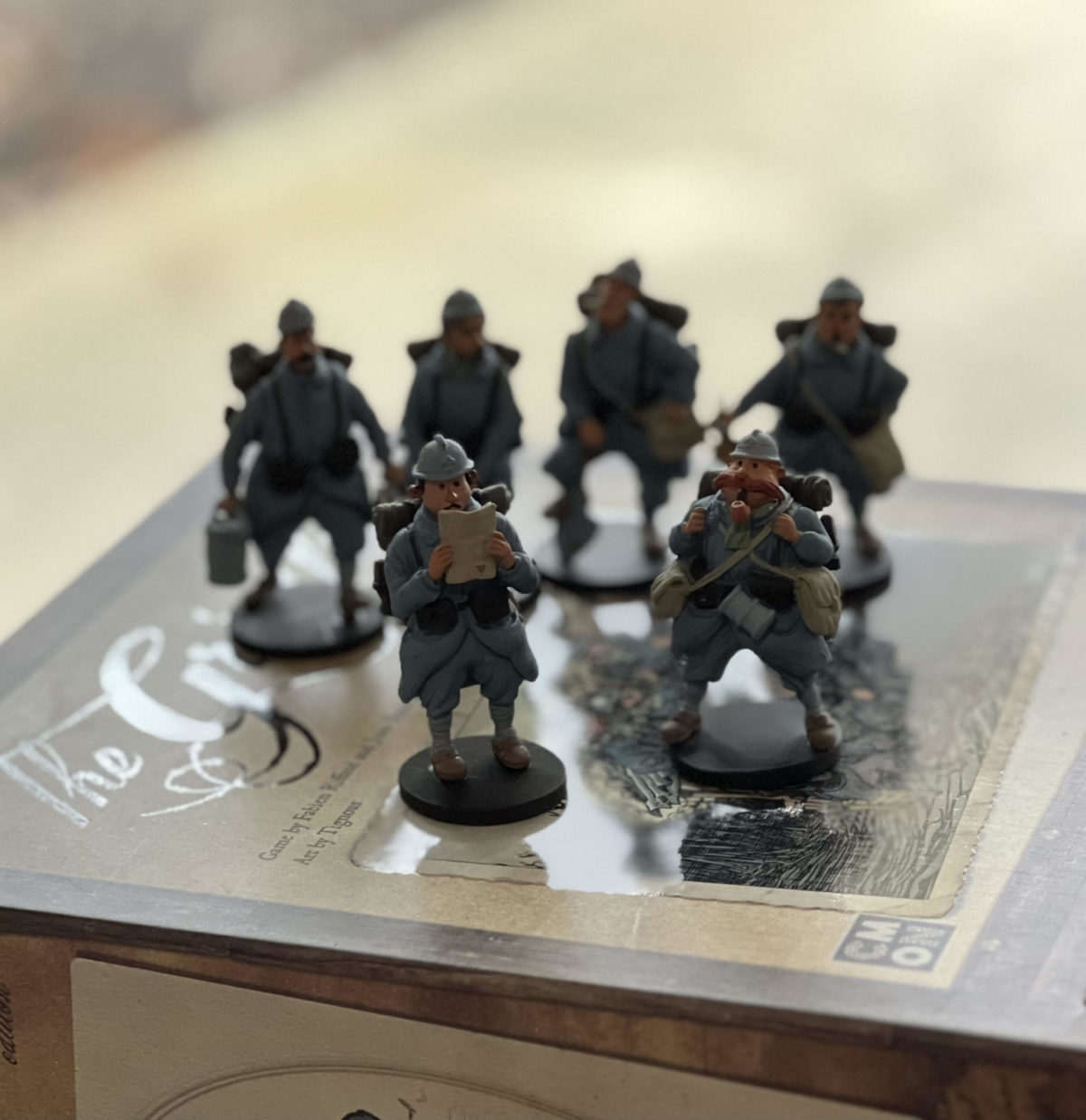
There are broadly three main ways in which commercial board games intersect with history: Games as history quizzes test a player’s knowledge of history, for the purposes of education and/or entertainment. Commercial examples of this kind of game are Chronology (1996) and Timeline (2012). In both instances players place cards in the correct sequence in […]
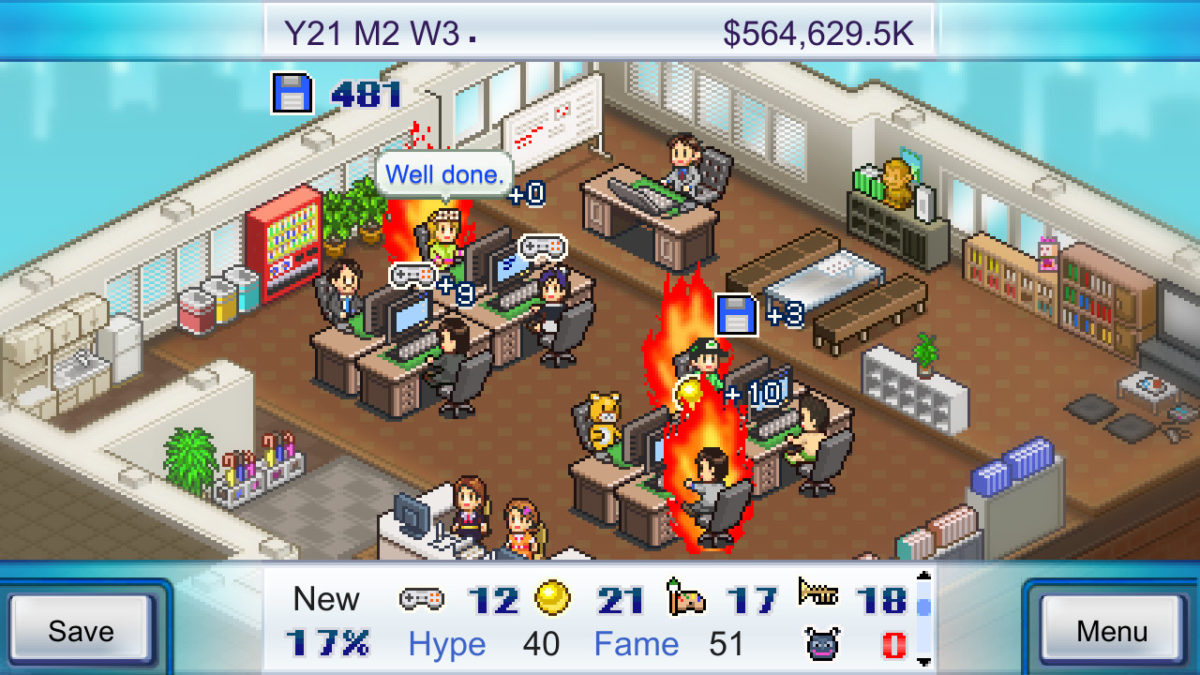
Let’s start with some big questions. Why do historical games look the way they do? Why are player’s possible actions constrained in certain ways? What goes into the decision-making process behind the culture we regularly use to engage with the past? How do game companies determine questions of which periods, which perspectives, and what actions […]
Modifying History
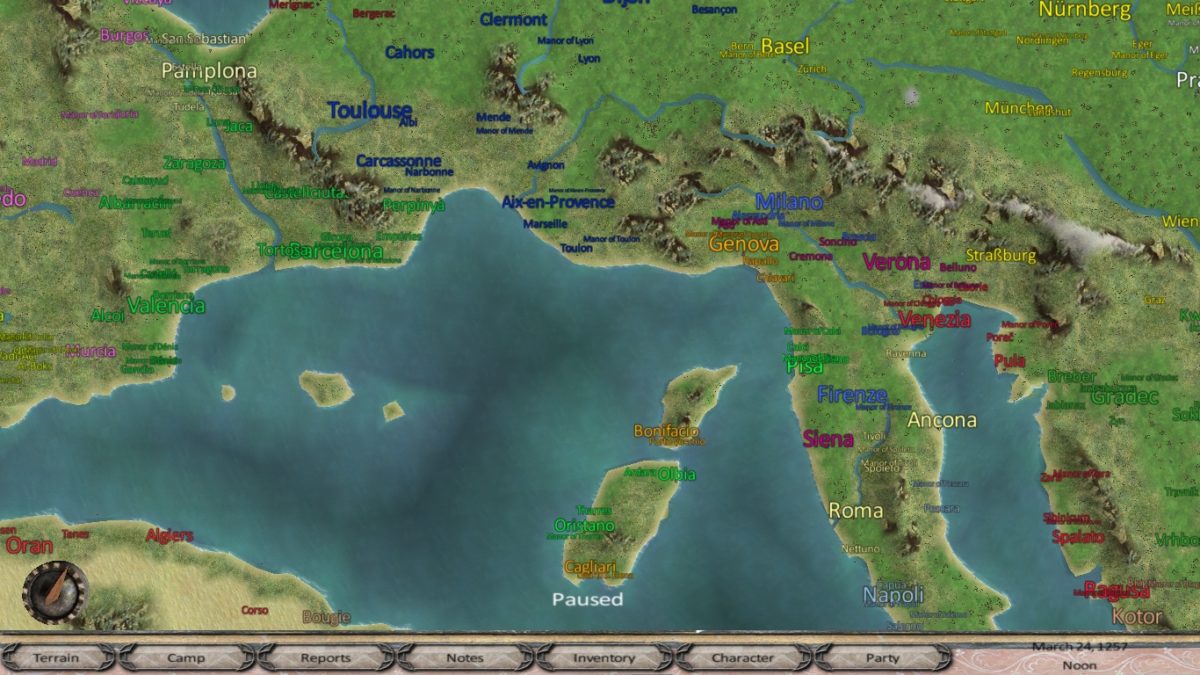
Modifying History When exploring the topic of development, our current quarterly theme, it is always tempting to adopt the easy terms, unidirectional relations and well-defined economic and industrial terminology of mainstream discourse about production. However, as literature, media and cultural studies have now long argued, the notion that production occurs entirely separately from the eventual […]
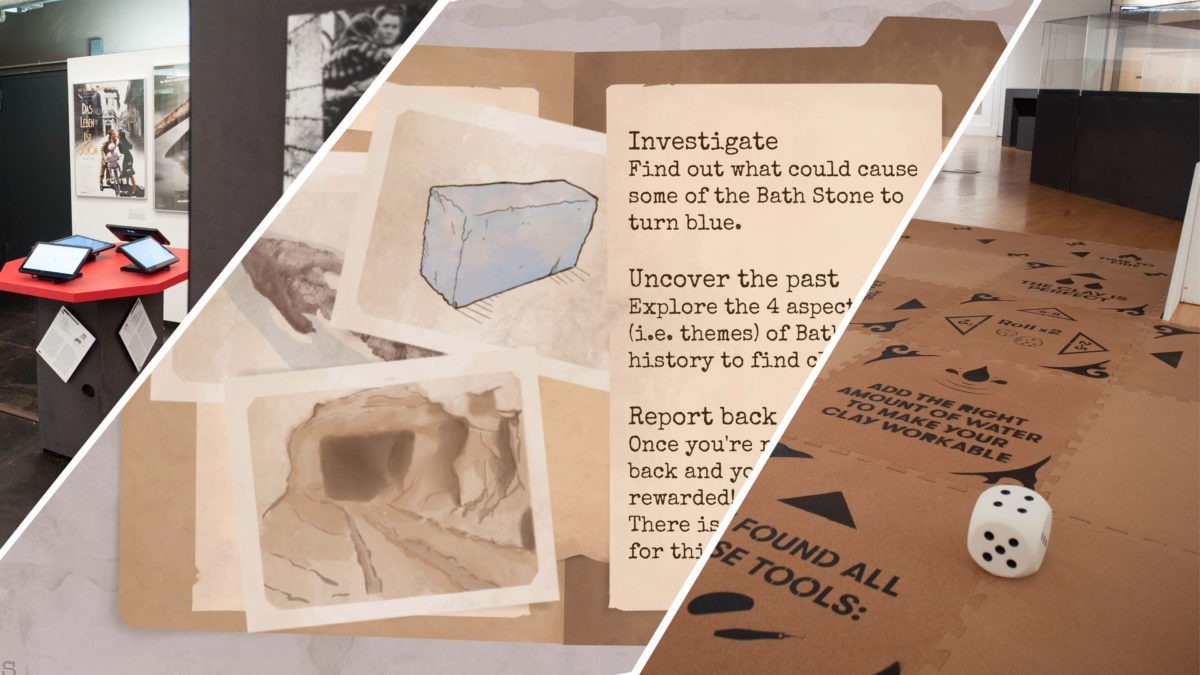
Imagine you are playing a game. Where are you? And does the location where you play shape your experience in any way? The game experience always happens in a place, public and/or private [1]. There could be multiple reasons why you are playing in a private or public place, depending on the kind of game […]
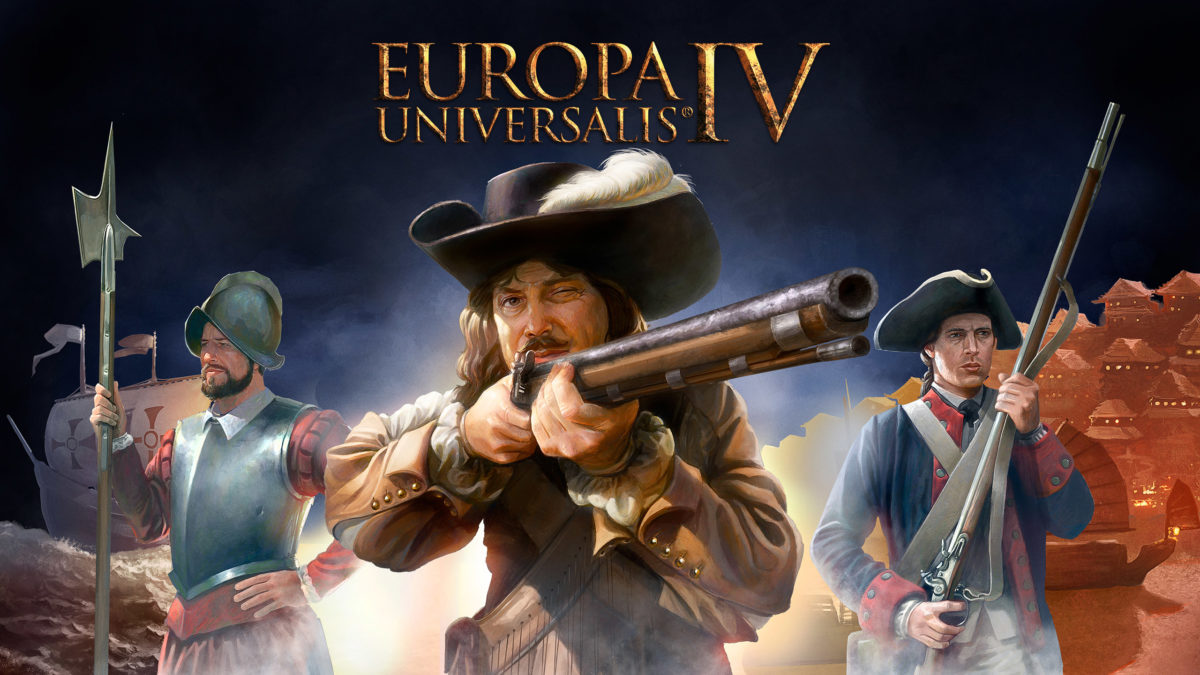
The following post by Arturo Iannace is a reply to the HGN blogpost by Dr Adam Chapman for our (Post)Colonialism theme. In turn Adam has considered the points and his response is included here. Arturo Mariano Iannace is a PhD candidate at the IMT School of Advanced Studies, in the curriculum of Cognitive and Cultural […]
The fifth HGN panel event took place on 14 September and discussed the theme of “Environments”. We welcomed Dr Emma Fraser (University of California Berkeley), Dr Tine Rassalle (Museum of the Southern Jewish Experience in New Orleans) and Daniela De Angeli (Echo Games) as panellists. Hosted by Dr Adam Chapman, the panel discussed the role of […]